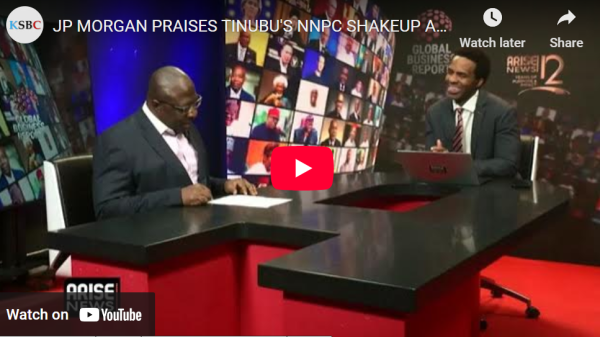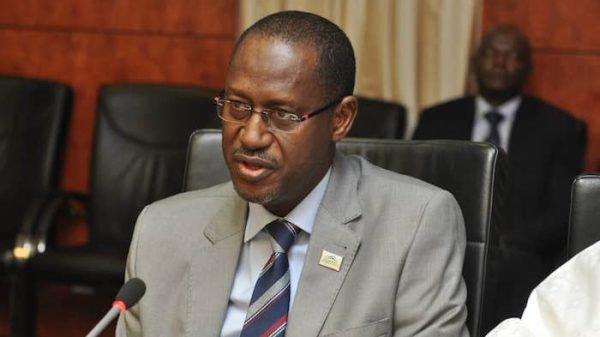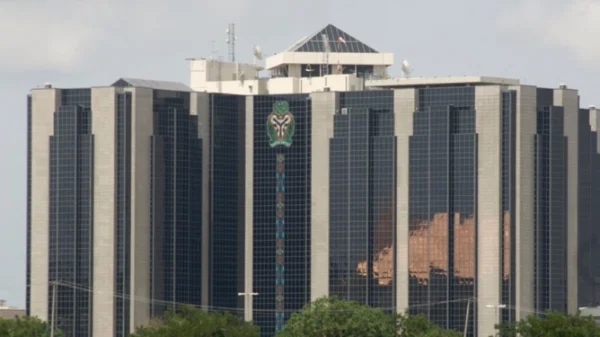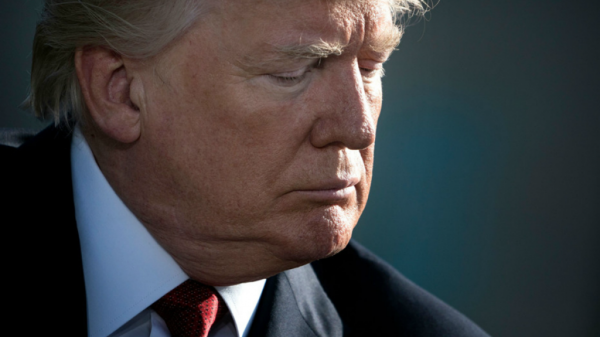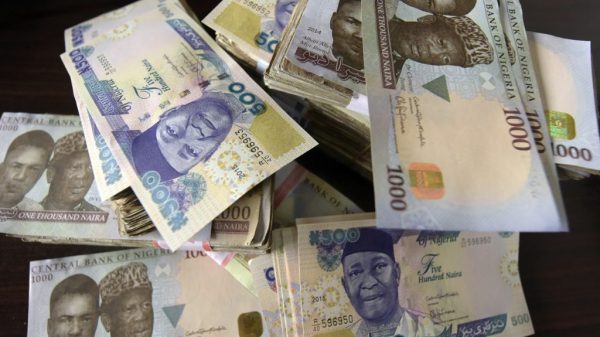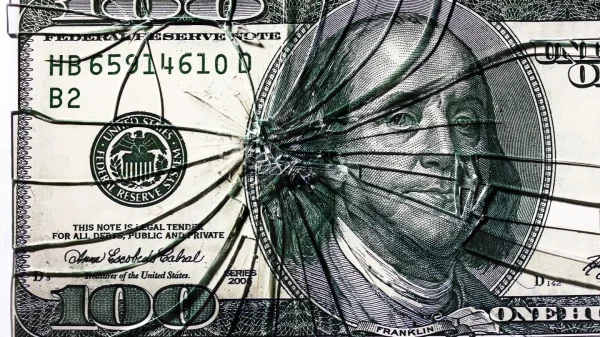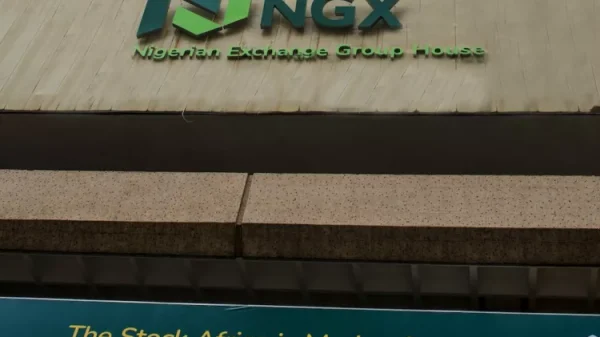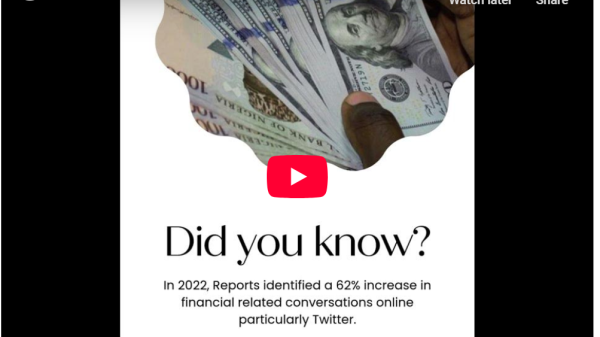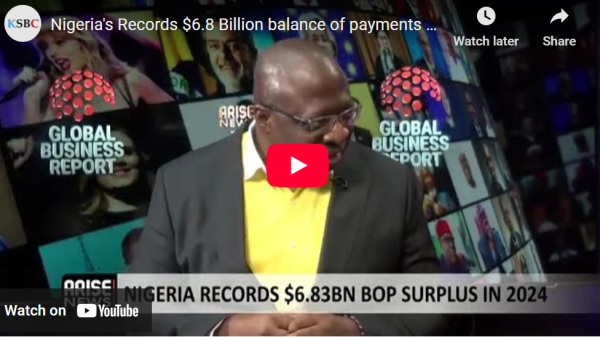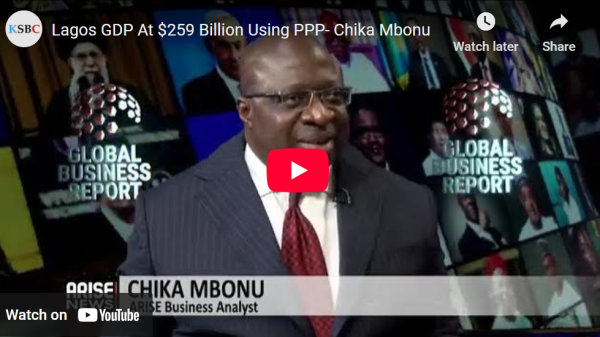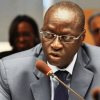After shopping at a nearby grocery store, a mother of three was shocked when an attendant shoved her items to a corner to attend to another customer.
The rude attendant returned the woman’s ATM card, shouting insufficient fund and she was wondering why, having done her calculations before the shopping.
She did not take cognisance of the many bank charges, though little amounts, which culminated to huge money that depleted her available balance.
The aggrieved mother ended up reducing the items to match her available fund, and most importantly, to save further insult from the rude attendant.
Also, at Agufore Motors in Warri, a youth corps member, who was travelling to Lagos for the Muslim holiday, had to beg to complete his transport fare due to insufficient fund in his account.
He thought he had enough money, but was short by N250 deducted in piecemeal by his bank earlier, which he did not notice.
The above scenarios point to the growing cases of failed bank transactions that often embarrass or leave people stranded.
Sadly, they are mainly due to the insufficient funds caused by the deductions for the many charges by Nigerian banks from their customers per transaction and even without transactions nowadays.
With the increasing charges, it is becoming more expensive to get one’s money either through the ATM or PoS outlets.
From electronic money transfer levy, SMS alert, account maintenance, commission on transfer, VAT on account maintenance, NIP, among others, bank charges on a single account are increasing, even when there are no transactions.
Yet, the Central Bank of Nigeria (CBN) introduced new ATM transaction fees, which took effective on March 1, 2025, charging N100 per N20,000 for withdrawals at other banks’ ATMs (on-site) and up to N500 for off-site ATMs.
Though the new fees sparked criticism and legal action, the banks did not waste time to implement it.
But the irony for many is that the charges were increased despite the hardship, while banks are declaring huge profit.
Recently, about six Nigerian banks posted N3.41 trillion as profit after tax for 2024, up from the N2.1 trillion recorded in the 2023 financial year.
The feat is despite diverse transaction and service complaints, customer dissatisfaction, and the country’s challenging economic situation.
Sadly, for many, in its justification of the new fees, the CBN stated that the revision was necessary due to rising costs and to improve the efficiency of ATM services across the banking industry.
They argued that the CBN has no justification for the new fees as the banks do not give loans again and are declaring huge profits due to the easy money from the many charges.
They also argued that there are many unresolved complaints, especially transaction failure and debits that the CBN should have been given priority to than the new fees that are eating into the hard earnings and lean pockets of the customers.
Hassan Odowole, a former banker, who now runs an indigenous hotel chain in Lagos and Abuja, confirmed that banks usually initiate all forms of charges at the expense of their customers, but regretted that most customers hardly challenge their banks in the event of some undue charges, despite having the right to do so.
“One of my staff once complained of too many deductions from his salary account by his bank. I encouraged him to challenge the bank and even helped with my company lawyer, but the staff was reluctant. His excuse was that he cannot sue a bank for just N300 deduction.
So, the deduction continued and many are in his shoes, who think N50 deduction is not worth fighting for, are just enduring the ugly trend.
“That is why more charges are coming. We are very docile people here and the politicians know better and the banks are copying from them, after all, nothing will happen. Has there been any protest against the new fees by the CBN? So, the customers’ docility is hugely the reason banks treat them like they don’t matter,” the hotelier said.
Reacting to the situation, Onyewuchi Akagbule, a senior university lecturer, who is dissatisfied with the many charges from his three accounts, decried that the CBN should rather reduce the charges considering the huge profit the banks are declaring.
“The excess profit implies that the banks are ripping off the customers through these unnecessary charges. Why are they charging for maintenance, for ATM cards we pay for, and the customers are bearing the brunt? The way the charges are increasing means the CBN is benefiting from the customers rip-off,” Akagbule said.
He regretted that the level of increase in the charges does not match the level of resolution of customers’ complaints.
In his opinion, Uche Uwaleke, president, Capital Market Academics of Nigeria, the CBN needs to monitor and supervise the banks to ensure that they are not overcharging the customers.
“I know there is the recommended bank charges by the CBN for banks, but it is important for the regulator to ensure that customers do not bear the brunt of some of the inefficiencies we see from some banks,” he said.
But Tamiyu Okolanwo, a lawyer blamed the situation on the regulator and other consumer rights-related agencies that have failed to act or have been compromised overtime.
“If the CBN is supporting the banks, that is understandable because it is profiting from the system, but what about other agencies with statutory responsibilities of protecting consumers’ rights, what about labour unions, because the poor workers are the worst hit, what about civil societies that only shout when there is something for them, and politicians that ride on the masses to power. Nobody is talking and businesses are adding the charges to their operational costs, pushing prices high and leaving the masses to bear the brunt at the end of the day,” Okolanwo said.
He thinks that the federation government should show example by removing the FGN electronic transfer levy, then the banks will respond by removing some of their hidden charges or reduce them at least.
“If you think the charges are negligible, do the calculation. If a bank deducts N50 a day from 1 million customers, that is N50 million for doing nothing. Multiply that in a week and a month. That is corporate robbery and what is the difference with ‘Yahoo Boys’. The CBN cannot stop them because it is benefiting from it. I think the federal government can help if it truly has the interest of the masses at heart because the hardship is squeezing life out of many Nigerians now and they don’t need additional stress,” Okolanwo said.




